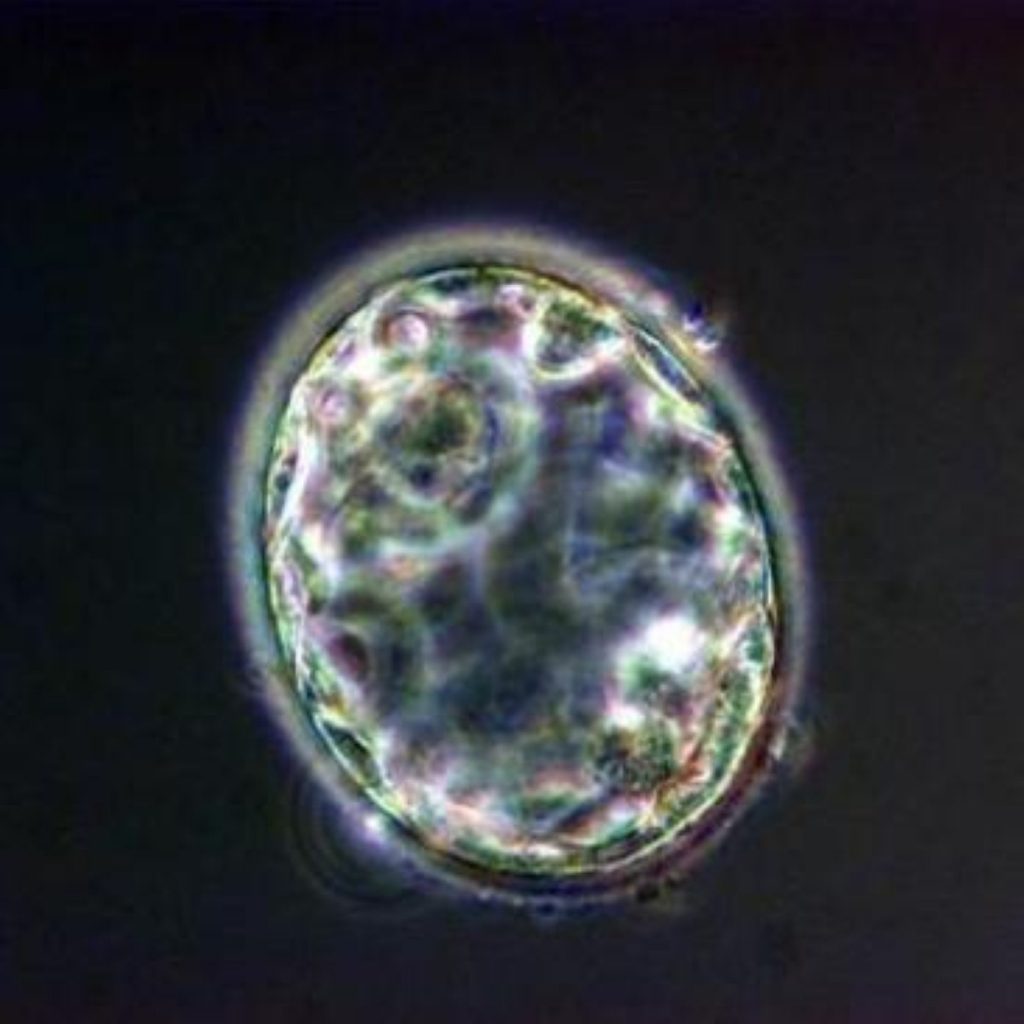MPs back hybrid embryo research
MPs have voted in favour of allowing scientists to create hybrid embryos for research that supporters say could bring advances in medical treatment.
A total of 336 politicians voted for the research and 176 against.
The vote followed hours of tense debate in the Commons on aspects of the human fertilisation and embryology bill, which seeks to update the law following scientific advances in the past few years.
The embryos are created from animal eggs and human DNA and proponents say they could play an important role in finding ways to treat diseases such as Parkinson’s disease.
Gordon Brown signalled his backing for the research on Sunday, saying “we owe it to future generations” to make legislation allowing scientists to create hybrid embryos.
Opponents to the research say it is morally wrong, with the Archbishop of the Archdiocese of St Andrews and Edinburgh saying research on such embryos “attacks the sanctity and dignity of human life”.
After today’s vote MPs will turn their attention to whether IVF clinics should have to consider the need for a father before offering treatment.
They will also vote on whether to reduce the upper limit for abortion from 24 weeks to 20 weeks.
The free votes were allowed after concerns that MPs would not be able to vote according to their beliefs on such morally ambiguous issues.





-01.png)